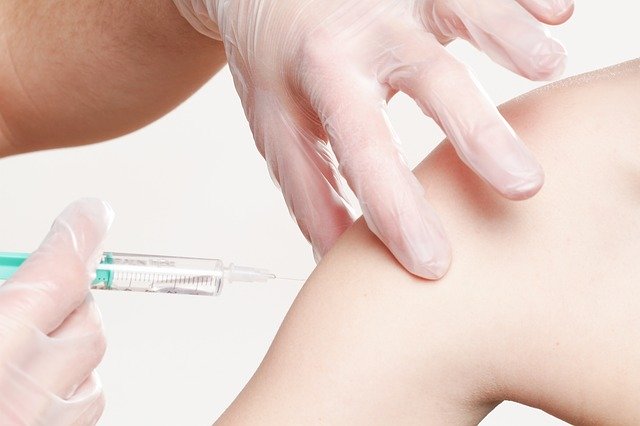The majority of COVID-19 vaccines under development like the Moderna and Pfizer vaccines are new RNA-based vaccines. If they get too warm or too cold they spoil. And, just like fish, a spoiled vaccine must be thrown away. Vaccine needs to be stored at a very low temperature of -70 degrees Celsius, whereas most cold chains in India are capable of maintaining a temperature of - 25 degrees Celsius.
Cold chain is a system of storing and transporting vaccines at recommended temperatures from the point of manufacture to the point of use. Thus, a cold chain involves three major components of infrastructure: planes, trucks and cold storage warehouses.
According to discovermagazine, currently the world is capable of producing and distributing around 6.4 billion flu vaccines per year. In 2021, experts expect companies will produce around 9 billion COVID-19 vaccines, and the cold chain must be able to handle this huge increase on top of the vaccines that must be distributed every year already. The cold chain requires three major pieces of infrastructure: planes, trucks and cold storage warehouses. How the infrastructure is connected and utilized depends on the vaccine production locations and the points of demand.
Other vaccine candidates, including those from Johnson & Johnson, Sanofi/Novavax and others, use a viral vector (adenovirus) to carry a “protein subunit” into the body; that subunit then confers the immune response. The virus-based vaccines (which is also typically the method used to deliver flu vaccine), generally speaking, are stored and shipped at 2-8°C.
The extreme low temperature of minus 70 degrees Celsius required for storing a potential COVID-19 vaccine developed by Pfizer poses a big challenge for its delivery in a developing nation like India, especially in its smaller towns and rural areas where maintaining such cold chain facilities would be very difficult, AIIMS Director Dr Randeep Guleria
Most vaccines in India need to be stored at a temperature of two to eight degrees Celsius. In that case, The Indian government has sufficient vaccine capacity because of the Universal Immunization Programme (UIP), which targets 26 million newborns and 30 million pregnant women each year. UIP runs on the back of 27,000 functional cold chain points and about 76,000 cold chain equipment. The lowest minimum temperature at which vaccines can be kept to maintain the cold chain in most areas in the country is minus 25 degrees Celsius. National Expert Group on Vaccine Administration for COVID-19 is in talks with all the vaccine manufacturers, including domestic and foreign ones.
Source: livemint.com, discovermagazine.com
